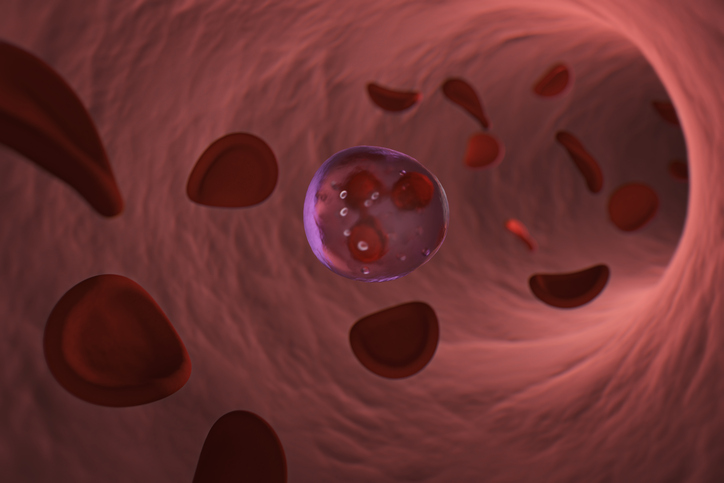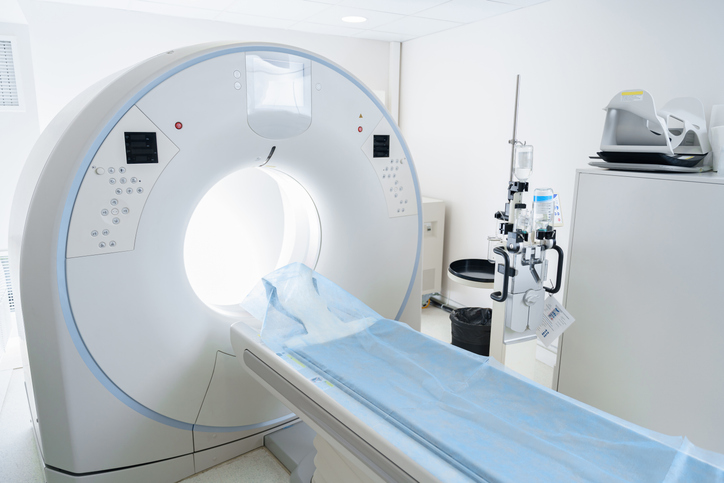
Patients with cancer were less likely to be prescribed cardioprotective medications than cancer-free individuals, a new research letter in JACC CardioOncology indicated.
For the cross-sectional observational study, the researchers enrolled 333 patients admitted to the cardiology unit of the John Hunter Hospital between mid-2018 and the beginning of 2019. The full cohort was finalized as 320 individuals, and stratified by cancer history (n=69) dived into two groups consisting of those with a history and those without. Predominant cancer types included colorectal, breast, and melanoma. Twenty-five of those participants with a cancer diagnosis had established cardiovascular disease (CVD) at baseline, and 44 developed CVD following their diagnosis. No significant differences in sex, BMI, age, hypertension, diabetes, dyslipidemia, or atrial fibrillation were reported between the study groups, although patients with a history had lower use of antiplatelet medications and statins.
According to the authors’ results, after multivariable analysis (which included adjustment for age, sex, BMI, hypertension, dyslipidemia, smoking status, diabetes mellitus, and CVD), patients with a history of cancer were less likely to be on a statin (OR=0.41; 95% CI, 0.22 to 0.77) or antiplatelet therapy (OR=0.53; 95% CI, 0.29 to 1.00). There were no statistical differences in the use of ACE inhibitors and beta-blockers between the groups. After evaluating prescription cardioprotective medications at baseline and adjusting for multiple variables, and the prescriptions for antiplatelet agents and statins were low
“These results suggest that management of modifiable cardiovascular risk factors in patients with cancer is suboptimal compared with those without a history of cancer,” the authors wrote in the letter. “Cancer survivors have up to a 15-fold higher risk of developing CVD, and CVD is recognized as a leading cause of long-term morbidity and mortality.”
The authors also emphasized the need for more attention to the optimization of cardiac care in patients with a history of cancer, in addition to cardiotoxicity, currently the field’s main focus.
“In patients with CVD and a high burden of cardiovascular risk factors, we observed that use of cardioprotective therapies was significantly lower in patients with previous cancer compared to those without, despite similar cardiovascular risk profiles,” they wrote. “Moreover, given that cancer history is associated with an increased CVD risk, we believe that this issue is of substantial public health importance.”
This is the link to this important paper from our group @DoanNgo4 @UON_research @HCRAAustralia @heartfoundation @NSWCVRN #cardioonchttps://t.co/30cKwu2j42
— Aaron Sverdlov (@SverdlovAaron) June 17, 2020
Your paper is certainly♨️on #Twitter @DoanNgo4 @SverdlovAaron & team & found link👇Well done👏@heartfoundation @KerryDo75584546 @PavlovicDavor @guto_montezano @LabTouyz @fjorios
Suboptimal Use of Cardioprotective Medications in Pts With Hx of Cancer https://t.co/Qtj7bEVG9y
— Dr Anastasia Mihailidou FAHA FCSANZ FESC (@AnastasiaSMihai) June 17, 2020
http://twitter.com/ATRIUMRx/statuses/1273237709704716290







 © 2025 Mashup Media, LLC, a Formedics Property. All Rights Reserved.
© 2025 Mashup Media, LLC, a Formedics Property. All Rights Reserved.